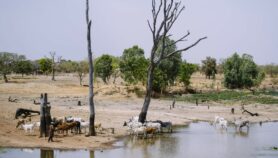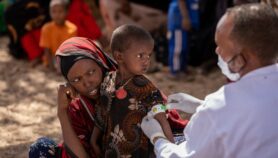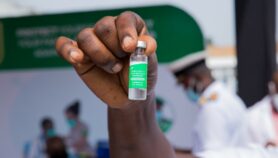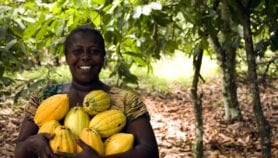By: Wagdy Sawahel
Send to a friend
The details you provide on this page will not be used to send unsolicited email, and will not be sold to a 3rd party. See privacy policy.
The African Union hopes to speed Africa’s path to industrialisation through partnerships with emerging powers in the South, such as Brazil, China, India and Venezuela.
Plans for the strategic partnerships are being announced this week at a meeting in Addis Ababa, Ethiopia held from 11 to 13 September.
One aim is to share knowledge about education, science and technology, and establish exchange programmes to bring in outside expertise and to foster young African talent.
Traditionally, Africa has been seen as a supplier of raw materials, and this has contributed to its under-development. The African Union (AU) hopes the partnerships will help Africa out of this role, and instead engage firmly in producing finished goods.
The AU has formed a task force, drawn from eminent Africans in research institutes and both private and public sectors, to determine which countries to partner with.
The task force will also make an inventory of Africa’s available natural resources that could be processed cooperatively, with mutual benefits for each collaborating partner.
Agricultural researcher Rodomiro Ortiz told SciDev.Net: "I would like to see this new South-South science partnership moving quickly from the rhetoric and good intentions to well-planned action that actually benefits livelihoods."
Ortiz, who was formerly director of research at the Nigeria-based International Institute of Tropical Agriculture, said the partnerships should prioritise collaboration in agricultural research, and he welcomed the planned exchange programmes for young scientists.
Nagib Nassar, an Egyptian and professor of genetics at Brazil’s University of Brasilia, emphasised the benefits partnerships could bring for agricultural production problems and conserving the genetic resources of crops, such as soy and cassava.
"Exchanging these genetic resources will greatly help in increasing production and overcoming problems of diseases and pests," he said.
Amongst the task force’s first jobs will be to propose a mechanism for managing these strategic partnerships effectively in the medium to long-term.













